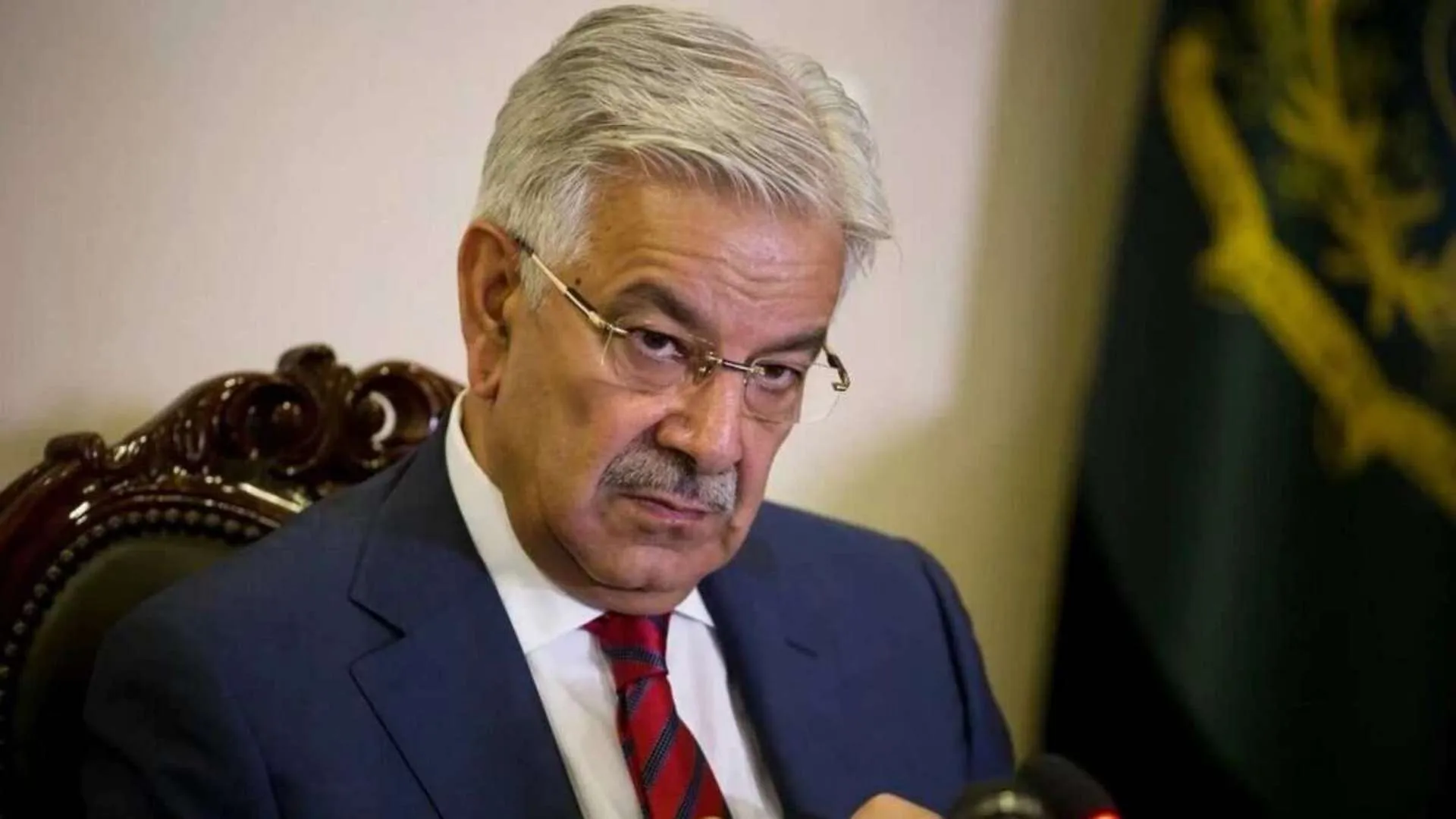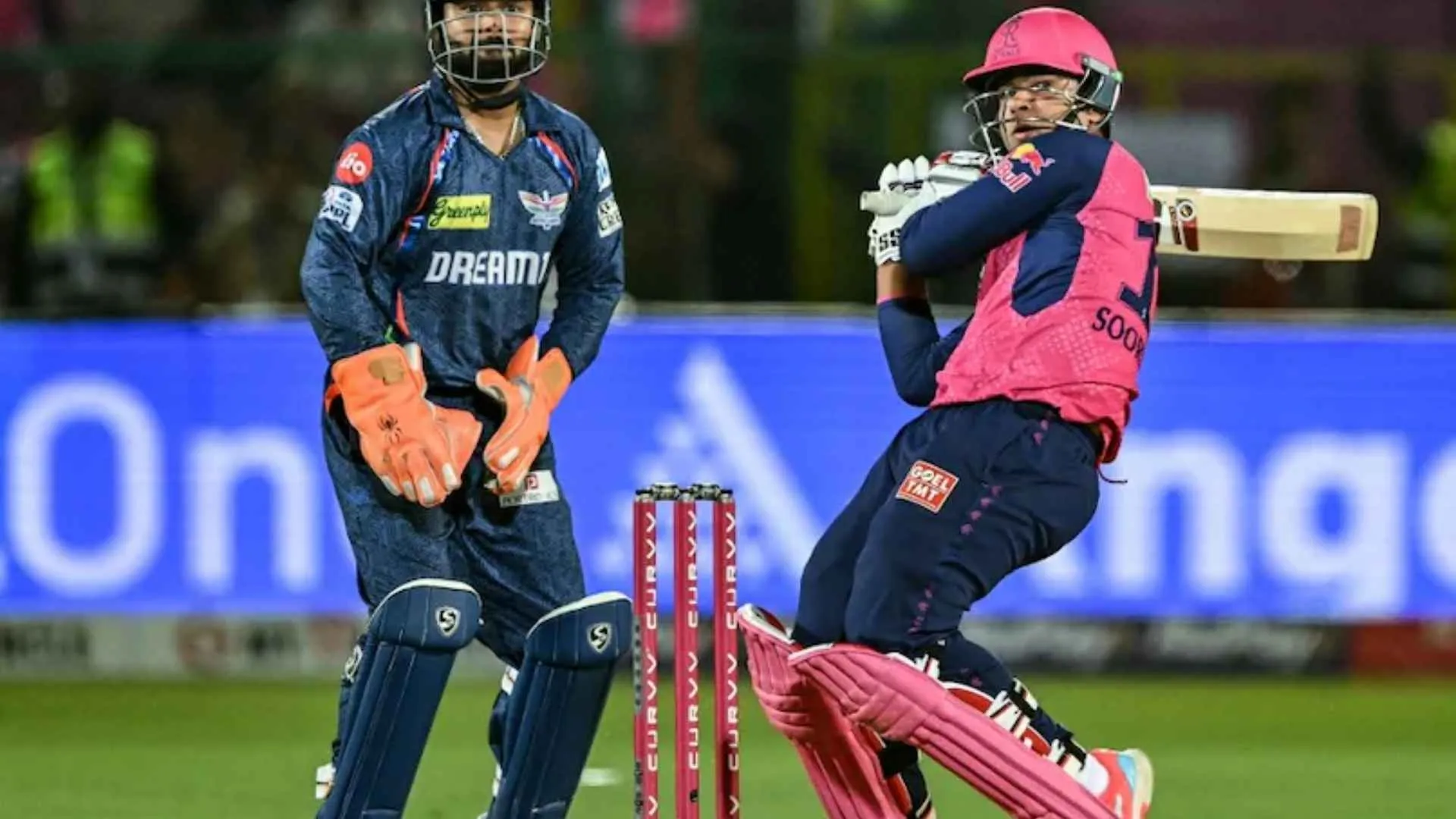South Korea’s impeached president Yoon Suk Yeol appeared at the Seoul Central District Court on Monday to face the first hearing of his criminal trial, marking a dramatic new chapter in the nation’s months-long political crisis.
The former leader, who was removed from office on April 4 by the Constitutional Court for declaring martial law last December, is charged with leading an insurrection, a serious crime punishable by life imprisonment or even the death penalty, though executions have not taken place in South Korea since the late 1990s.
The Martial Law Crisis
Yoon’s unprecedented decision to impose martial law on December 3, 2024, shocked the nation and drew swift condemnation from political leaders and civil society alike. Just six hours after his declaration, the National Assembly overturned the order, with lawmakers using barricades and fire extinguishers to prevent special operations troops from storming parliament.
Yoon justified the move by claiming it was necessary to “root out anti-state elements” and framed it as a “peaceful message” intended to alert the public about the opposition’s alleged conspiracy against the government.
“Martial law is not a coup d’état,” Yoon told the court on Monday, defending his actions as lawful and temporary. “It lasted only a few hours and was dissolved peacefully upon the National Assembly’s request. To frame this as insurrection is legally unfounded.”
Trial Testimonies and Evidence
The prosecution presented damning evidence, including orders allegedly issued by Yoon for military personnel to break into parliament, cut electricity, and forcibly remove lawmakers. Two senior military officers testified, including Cho Sung-hyun from the army’s Capital Defense Command, who claimed he received direct instructions from top commanders to “drag out the lawmakers.”
Yoon, a former chief prosecutor before becoming president, and his legal team rejected the accusations, maintaining that no orders were given to use violence or disrupt state institutions.
A first decision could be rendered by August, according to attorney Min Kyoung-sic, who predicts the trial would be a drawn-out and well-publicized affair. According to reports, there are many witnesses and more than 70,000 pages of evidence in the case, which might drag on well into the following year.
Meanwhile, the country prepares for a pivotal snap presidential election scheduled for June 3, which is mandated by law to be held within 60 days of a presidential impeachment. The outcome is seen as vital for restoring political stability and constitutional order in Asia’s fourth-largest economy, which has been rattled by the crisis amid global economic uncertainty.
ALSO READ: Who Is Brice Oligui Nguema, Elected As Gabon President With 90.35% of Vote?























